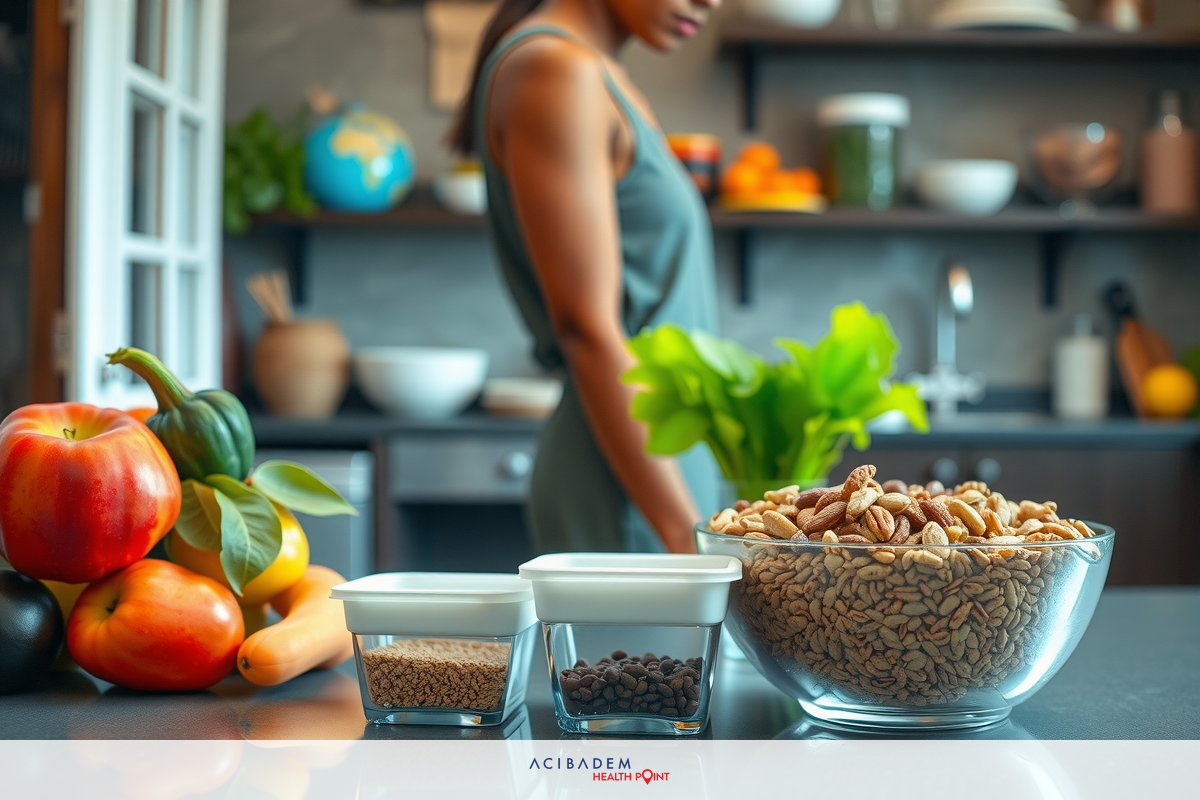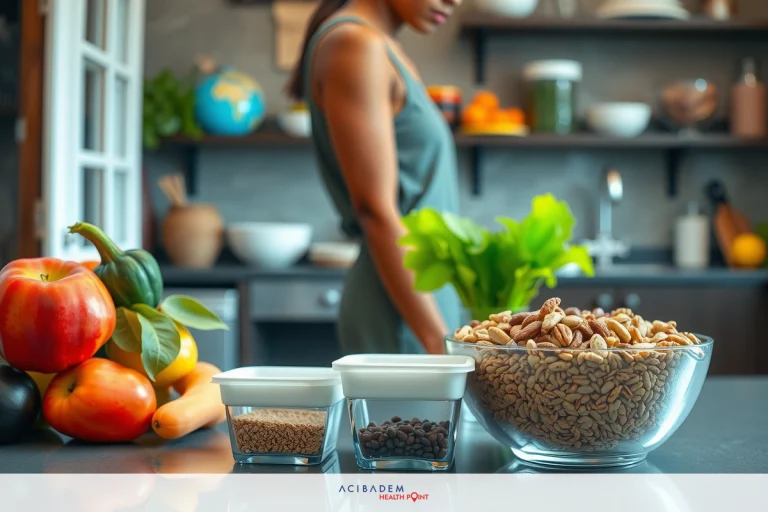Can You Eat Noodles After Gastric Sleeve?
Can You Eat Noodles After Gastric Sleeve? Gastric sleeve surgery is a significant procedure that necessitates careful dietary management following the operation. This pertains to what you eat, how often you eat, and in what quantities. One of the common queries that patients have is about incorporating their favorite foods back into their diet, including noodles.
Noodles are a staple in numerous cuisines around the world, and many people find them comforting and satisfying. However, after gastric sleeve surgery, it’s essential to consider if they can be included in your diet without causing discomfort or hampering your weight loss journey. It’s not just about whether you can eat them, but also about how they impact your overall nutritional intake post-surgery. The subsequent sections will provide insights on these aspects.
Dietary Guidelines for Post-Surgery
After a gastric sleeve surgery, your stomach’s size is reduced significantly. This change calls for adaptations in your eating habits and dietary choices. The first few weeks post-surgery are the most crucial as your body is still healing and adapting to the new stomach size. During this period, the diet is usually liquid-based, including clear broths and sugar-free beverages. Gradually, the diet is transitioned to pureed food, then soft foods, before finally reintroducing solid foods into the diet.
When it comes to solid foods, it’s recommended that patients consume protein-rich foods first during each meal. Protein helps in healing and muscle growth, making it an essential nutrient post-surgery. On average, gastric sleeve patients are advised to consume around 60-80 grams of protein per day. It’s also suggested to keep meals small, typically not exceeding one cup of food per meal. Eating slowly, chewing thoroughly and avoiding drinking fluids during meals are some other guidelines that may help in preventing discomfort and promoting better digestion.
Incorporating a variety of foods in your diet after surgery is encouraged to ensure you’re getting a wide range of nutrients. However, there are certain foods that should be consumed with caution or even avoided altogether. These include high-fat foods, sugary foods or drinks, tough meats, fibrous vegetables, and certain starches including pasta and noodles. Such foods may not be well-tolerated by the reduced stomach size and can lead to discomfort or even malnutrition if consumed in excess. In the case of noodles specifically, they can be difficult to digest and may fill up the stomach quickly due to their carbohydrate content, leaving less room for protein-rich foods. Therefore, it would be wise to consult with a dietitian or nutritionist about whether and how such foods can be safely incorporated into your post-surgery diet.
Nutritional Considerations for Noodle Consumption
Noodles, while a comforting and versatile staple in many diets, pose some unique challenges when it comes to post-gastric sleeve dietary planning. They are primarily composed of carbohydrates, with a low protein content. As we’ve discussed, protein is a crucial component of the post-surgery diet due to its role in healing and muscle growth. Consequently, consuming noodles could potentially leave less room in your reduced stomach size for protein-rich foods, which are more beneficial in the healing process.
However, this does not necessarily mean that noodles must be completely excluded from the diet. The key lies in moderation and making mindful choices. For instance, noodles could be enjoyed as a small part of a meal rather than the main component. Pair them with lean proteins like chicken or fish and plenty of vegetables to ensure a balanced meal. Furthermore, opting for whole grain or vegetable-based noodles can provide additional fiber and nutrients compared to regular white pasta or noodles.

While considering noodle consumption after gastric sleeve surgery, it’s also essential to pay attention to the preparation method. Deep-fried noodles or those cooked with heavy sauces can add unnecessary fat and calories to your meal. A healthier approach would be to steam or boil the noodles and season them with herbs and spices instead of high-fat or high-sugar sauces. This way, you can enjoy the familiarity of noodles in your meals while still adhering to the nutritional guidelines crucial for your recovery and weight loss journey post-surgery.
Frequently Asked Questions
Can I eat noodles immediately after gastric sleeve surgery?
No, it is not advisable to consume noodles immediately after gastric sleeve surgery. In the initial weeks post-surgery, your diet will primarily consist of liquids and gradually progress to pureed and soft foods. Noodles, being a solid food, may be difficult for your healing stomach to tolerate during this early phase. It's important to follow the dietary guidelines provided by your healthcare team and gradually introduce solid foods, including noodles, at the appropriate stage of your recovery.
Are there any types of noodles that are better suited for a post-gastric sleeve diet?
Yes, when incorporating noodles into your post-gastric sleeve diet, consider choosing whole grain or vegetable-based noodles. These options tend to have higher fiber content and provide more nutrients compared to regular white pasta or noodles. Additionally, they can promote a feeling of fullness and contribute to better digestion due to their higher fiber content.
Can I eat noodles in large quantities once I am fully recovered from my gastric sleeve surgery?
It is important to remember that even after you have fully recovered from gastric sleeve surgery, portion control remains essential. Consuming large quantities of any food, including noodles, can stretch your stomach pouch and potentially hinder weight loss or cause discomfort. It's recommended to continue adhering to the dietary guidelines provided by your healthcare team and focus on balanced meals with an appropriate portion size that includes a variety of nutrient-dense foods.
Can I prepare noodles with sauces after gastric sleeve surgery?
While it is possible to enjoy noodles with sauces after gastric sleeve surgery, it's important to choose healthier sauce options. Avoid heavy cream-based or high-fat sauces as they can add unnecessary calories and fat to your meal. Instead, opt for lighter options such as low-fat broth-based sauces, or incorporate herbs and spices for flavor. It's always wise to consult with a dietitian or nutritionist for personalized recommendations based on your specific dietary needs and goals.
Can consuming noodles hinder my weight loss progress after gastric sleeve surgery?
Consuming noodles in moderation as part of a balanced meal is unlikely to hinder your weight loss progress after gastric sleeve surgery. However, it's important to prioritize protein-rich foods and nutrient- dense options in your diet to support healing, muscle growth, and overall well-being. Noodles should be consumed mindfully and in appropriate portion sizes to ensure you are meeting your nutritional needs while still enjoying the foods you love. Consulting with your healthcare team or a registered dietitian can provide personalized guidance to help you make informed decisions regarding your post-surgery diet.








